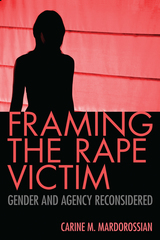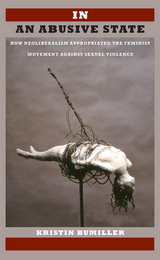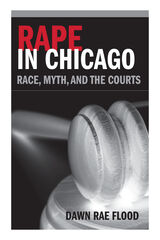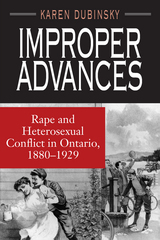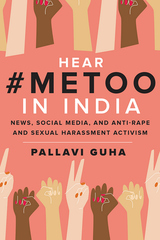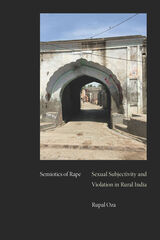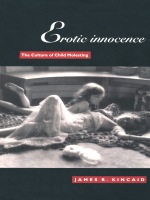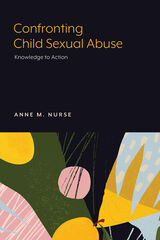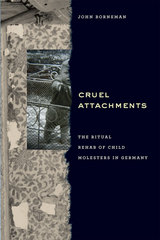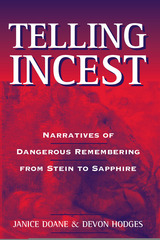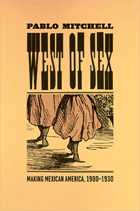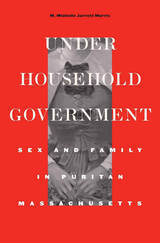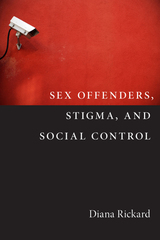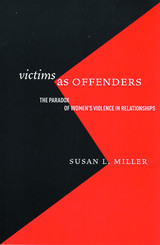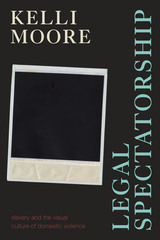Framing Abuse: Media Influence and Public Understanding of Sexual Violence Against Children
Pluto Press, 2004
Cloth: 978-0-7453-2332-9 | Paper: 978-0-7453-2331-2
Library of Congress Classification HV6570.4.G7K58 2004
Dewey Decimal Classification 302.23
Cloth: 978-0-7453-2332-9 | Paper: 978-0-7453-2331-2
Library of Congress Classification HV6570.4.G7K58 2004
Dewey Decimal Classification 302.23
ABOUT THIS BOOK | AUTHOR BIOGRAPHY | TOC
ABOUT THIS BOOK
This book offers fascinating insights into how the media shape the way we think. Combining in-depth analysis of media representations of child sexual abuse with focus group discussions and interviews with around 500 journalists, campaigners and a cross-section of 'the public', Jenny Kitzinger reveals the media's role in contemporary society.
Which stories attract attention and why? What strategies do journalists and campaigners use to persuade people and how do we respond? Answering these and other questions, Kitzinger demonstrates how media reporting can impact on people's knowledge of the 'facts', perceptions of risk, sense of appropriate policy responses and even how we interpret our own experiences.
Kitzinger examines feminist initiatives to challenge sexual violence, the emergence of incest as a social problem and the development of new survivor identities. She also explores stereotypes around sex offenders,interrogates protests against 'paedophiles-in-the-community' and presents a detailed analysis of the impact of scandals about disputed abuse accusations.
This book is essential reading for anyone interested in theories of media influence, identity and social change or who wishes to encourage responsible journalism. It is also a key resource for anyone concerned about sexual violence and the protection of children or who is attempting to design intervention strategies.
Which stories attract attention and why? What strategies do journalists and campaigners use to persuade people and how do we respond? Answering these and other questions, Kitzinger demonstrates how media reporting can impact on people's knowledge of the 'facts', perceptions of risk, sense of appropriate policy responses and even how we interpret our own experiences.
Kitzinger examines feminist initiatives to challenge sexual violence, the emergence of incest as a social problem and the development of new survivor identities. She also explores stereotypes around sex offenders,interrogates protests against 'paedophiles-in-the-community' and presents a detailed analysis of the impact of scandals about disputed abuse accusations.
This book is essential reading for anyone interested in theories of media influence, identity and social change or who wishes to encourage responsible journalism. It is also a key resource for anyone concerned about sexual violence and the protection of children or who is attempting to design intervention strategies.
See other books on: Child sexual abuse | Influence | Mass media | Press coverage | Public opinion
See other titles from Pluto Press

